
Following Kal-El from his escape from the dying planet Krypton through his humble beginnings in Kansas to his work as a part-time journalist and full-time superhero in Metropolis, this deluxe edition explores Superman across comics, TV, animation, film, video games, and beyond, creating a compelling portrait of one of the most recognizable characters in the history of popular fiction.
Covering the complete history of Superman, Superman: The Definitive History is the ultimate exploration of the template for all superheroes and his incredible and enduring impact on pop culture.
And who better to examine this icon than writers Edward Gross and Robert Greenberger?
FOG!: Congratulations! What a wonderful book. It’s pretty obvious that it was a labor of love. How did you both get involved with the project?
 ED GROSS: A lifetime of fascination with Superman kind of came to culmination for me in 2023 when I wrote Voices from Krypton for Nacelle Books, which was an oral history chronicling the character’s 85-year history through the voices of 250 people.
ED GROSS: A lifetime of fascination with Superman kind of came to culmination for me in 2023 when I wrote Voices from Krypton for Nacelle Books, which was an oral history chronicling the character’s 85-year history through the voices of 250 people.
It was based on that book that I was approached by Tim Pilcher and Insight Editions regarding Superman: The Definitive History, putting me in what I think is a pretty unique position of writing definitive unofficial and official books on a subject.
At the same time, recognizing Bob Greenberger’s expertise on Superman’s comic book history, which absolutely dwarfed my own, I was thrilled when he was brought aboard as co-writer.
ROBERT GREENBERGER: This was begun by Ed with editor Chris Prince at Insight, but as Chris left and Tim arrived, a glance at the schedule suggested Ed may need some help. Tim and I had worked together at DC Comics and have always wanted to work on a project, so this seemed fortuitous. I was asked to step in and write portions that Ed had not yet begun.
 In researching the book, was there anything that you came across that you were previously unaware of?
In researching the book, was there anything that you came across that you were previously unaware of?
ED: I was certainly well-versed in Superman’s production history over the decades, but what was fun was learning much more about his comic background, the sheer quantity of merchandise that was created over the years, all of the different PSAs that has utilized him and the incredible artwork that has been created over the decades, not just for the comics, but conceptual, pre-production and otherwise — so much of which is featured in this book. It really blows me away.
ROBERT: My sections involved a lot of the comic books and ancillary matters. The comics provided nothing really new, having worked with them one way or another for the last 40+ years. However, researching things like the Superman-Tim comics and the various World War II-era clubs was enlightening.
Both of you have written extensively about the character. Do you remember your first exposure to Superman?
ED: I was born in 1960, but it was definitely a combination of reruns of George Reeves’ Adventures of Superman, followed by the 1966 Saturday morning debut of Filmation’s New Adventures of Superman and 1967’s Superman/Aquaman Hour of Adventure. I also discovered that there were comic books based on the Reeves series (failing to recognize it was the other way around) and started buying anything with the “S” on it.

Filmation’s New Adventures of Superman
ROBERT: I was six and stuck in bed with bronchitis. My mom brought me a Superman comic (I wish I could recall which one), but it was my Dorothy arriving in Oz moment. It’s colorful artwork and stories captivated me and set me on a path towards comics and pop culture.
The comics took me to the George Reeves series, then in rerun on NY’s WPIX.

George Reeves in The Adventures of Superman
Modern criticism calls Superman lame or old fashioned. Yet, growing up, superheroes and Superman in particular instilled sense of morals and values. Why do you think that such concepts as, “Superman never lies” has fallen out of favor?
ED: I may be wrong here, but my first memory of Superman saying, “I never lie” came from Christopher Reeve in Superman: The Movie. Is such a statement corny?
I don’t think there’s any question that it can come across that way when you hear it or read it, but I also don’t know that we apply that to the character anymore the way we used to.
And while there’s no question that as we’ve grown more cynical as a society that there are many who look at a character standing for higher morals and values as being out of touch, at the same time, if we’re to go with the notion that has been around for several decades that Superman represents the beacon of hope within the darkness, the thing to strive for to be the best that we can be, how do you not embrace that?
That sort of message should never go out of favor.
ROBERT: Those complaints about Superman began in the swinging sixties when any authority figure, even Superman, was suspect. Under editor Mort Weisinger, he certainly paled in comparison to the rising Marvel stable of characters. The idea of super-hero as role model was enshrined by the strictures of the Comics Code Authority and DC’s own management preferences.
Thanks to Christopher Reeve’s performance, that notion began to be re-examined and depending on the performer or writer/artist team, we’re reminded all over again about the values we should all strive to exhibit. I am hopeful the 2025 iteration continues that trend.

Superman Writer/Director James Gunn recently posted this image across social media
Superman has been adapted to radio, television, animation, film, the stage, and has been played by a number of performers. In your opinion, what were the three best adaptations and your three favorite portrayals?
ROBERT: Wow, such a good question. I think I need to start with Bud Collyer’s radio work, which was such a strong template that he was brought over to the Fleischer animated fare and again in the 60s with the Filmation adaptation. Christopher Reeve restored the majesty and humanity of Superman in the feature film. He showed that he could be two personas and no one suspect otherwise.
I have say, for a third one, it’s a tossup. I thought Tim Daly did lovely voice work in the animated Superman series and Brandon Routh and Henry Cavill brought the proper earnestness and strength to their feature work but both were ill served by poor scripts.
ED:
Adaptations (and this is tough, because there have been some great ones):
- Superman: The Movie — Richard Donner set the standard, bringing the comic and character to life like no one else has.
- Smallville — the journey of Clark Kent to his destiny (many extraneous episodes not withstanding)
- Superman and Lois — The Man of Steel as husband and father, which we’ve never seen before and it’s beautifully handled. I’m so sorry its fourth season is its last.
Portrayals:
- Christopher Reeve — Again, the comic book brought to life like never before and the one all others are measured by (for good reason)
- George Reeves — A very different Superman for a different time, but so important in the character’s history and my own growing up.
- Brandon Routh — Not even so much for Superman Returns, but the way he effortlessly stepped back into the role during Crisis on Infinite Earths and just seems to embody so many of the character’s ideals. I have yet to have a conversation with Brandon without coming away from it feeling inspired.

Hoechlin and Routh in the CW Crisis on Infinite Earths crossover event
Just outside of the top 3 is Tyler Hoechlin from Superman & Lois, who really nails it; and I really love Henry Cavill’s portrayal, just not always thrilled with the material he was given to play — too angsty.
All of that being said, my personal philosophy when it comes to Superman, and this has been true my entire life, is that I follow the “S.” Whoever wears it, I’m there. The character and what he represents is greater than any one actor who wears that outfit.
Over the years hundreds of writers and artists have contributed to the mythology of the character. With the exception of Siegel and Shuster, who are some of your favorite artists and writers that have worked on Superman.
ROBERT: As a child of the 60s, Curt Swan’s Superman was imprinted on me. Yes, Neal Adams had more dynamism, but Curt never lost the humanity of Superman and Clark Kent. Along the way, there have been terrific solo efforts, miniseries, and series runs so singling a few out is a real challenge. Superman Birthright is one, Superman Annual #11, and issues from Elliot Maggin and Marty Pasko bubble up first.

Curt Swan, considered to be the definitive Superman artist.
ED: Writers that immediately come to mind are Mark Waid, whether it’s Birthright, Kingdom Come or, more recently, World’s Finest. He loves the character and it comes through every time he writes him.

Superman reclaiming his Clark Kent identity from Kingdom Come by Waid and Alex Ross.
Phillip Kennedy Johnson has just blown me away with his handling of the character, especially during his Warworld Saga. His passion for Superman is conveyed in just about every panel.
John Byrne: I really loved his reboot from the ‘80s. I wasn’t thrilled with everything he jettisoned, but overall, really thought that it was a great approach.

Byrne’s Superman
Additionally, loved Byrne’s art and I grew up on Curt Swan’s, which I genuinely treasured.
One other collaboration I’d be remiss in not mentioning was Denny O’Neil and Swan on the “Kryptonite Nevermore”/”Sandman-Superman Saga” from the early 1970s. I fell in love with that story when I was 11 in 1971 and never let it go.
Why do you think Superman still resonates with people across the world?
ROBERT: He is the original super-hero. He was a modern myth arriving at a time when a downtrodden American public needed something spectacular, something to rally around. His image, carried overseas by US soldiers during World War II began creating the impression that this is what a hero should be. Once the animated cartoons, serials, and television series began circling the globe, a thirsty world wanted a hero and got one who may stand for the American Way, but that was far more universal. It stood for truth and justice, but also common decency mixed with valor.
ED: I think it’s what I mentioned earlier: Batman may be deemed “cooler,” but Superman is the one we turn to when we’re in need of hope.
They changed his motto to “truth, justice and a better tomorrow,” and it really does summarize what he represents.

Providing hope as seen in Grant Morrison and Frank Quitely’s All-Star Superman
I’ve seen a large wall mosaic covered in tiles all designed by children following 9/11. What I found fascinating was that among these titles which were mostly hearts and peace symbols, were well over a dozen examples of the Superman symbol. It was very touching that this symbol which represents “hope” was meaningful enough to children that they felt compelled to include it. What does Superman mean to you?
ED: I sound like a broken record, but, again, hope.
It’s doing what you can, even in the smallest gesture, to help somebody else. The story that always comes to mind is that years ago my son and I were driving down the street after a snowstorm and there was an elderly man with a walker in one hand and a shovel in the other, gradually trying to shovel the sidewalk, shuffling with the walker as he did so. I told my son we were going to help. He grumbled, but we got out of the car and offered to do so. The man was initially reluctant, but relented. As my son and I were shoveling, he leaned on his walker and said, “Thanks so much, fellows. My neighbor’s sick, so I came over to shovel his walk.”
You do what you can. That’s what Superman means to me.

Superman’s first appearance in Action Comics #1, June 1938
ROBERT: At first, Superman meant something special: a guy with powers and abilities a sick boy, adjusting to his first pair of glasses, could aspire to. He showed that all things were possible, and even he had to outfight and outthink his opponents.
Over time, he stood as the very best of us, the ultimate immigrant story, who came from tragedy and turned it into something positive. I see him as a beacon of hope, an exemplar of behavior, and someone you always want to root for.
Corny, I know, but he endures because of these eternal truths.

Superman: The Definitive History published by Insight Editions
and Written by Edward Gross and Robert Greenberger
arrives in stores and e-tailers on November 26th.




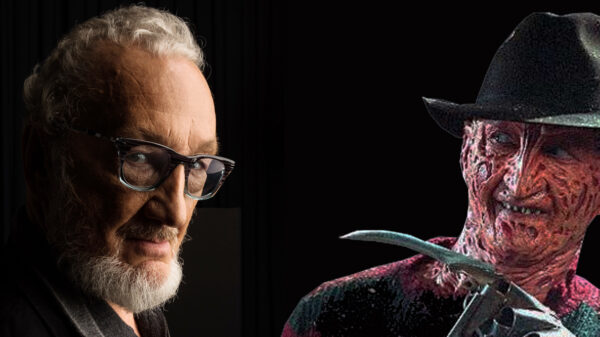

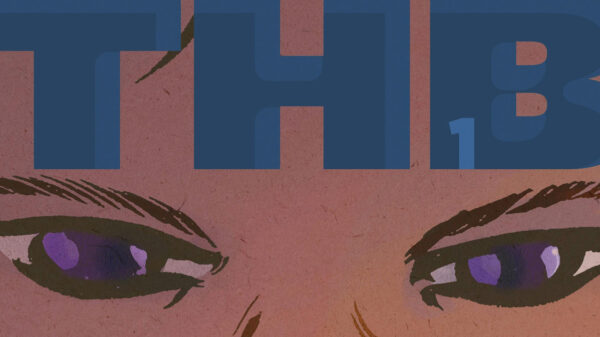


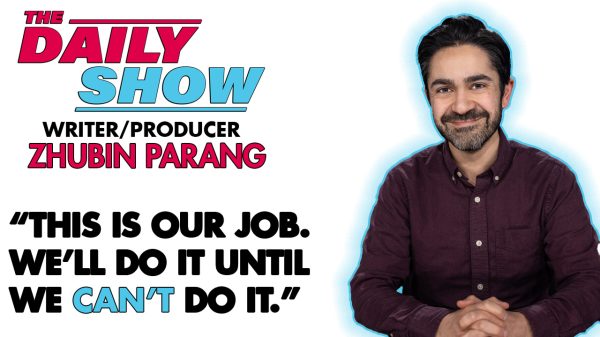
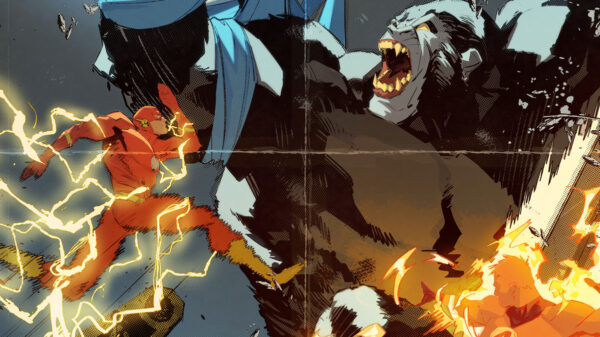
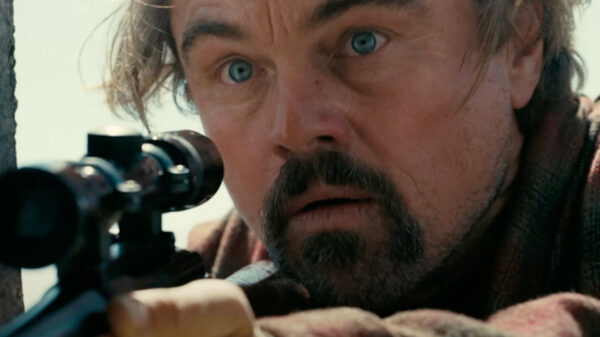
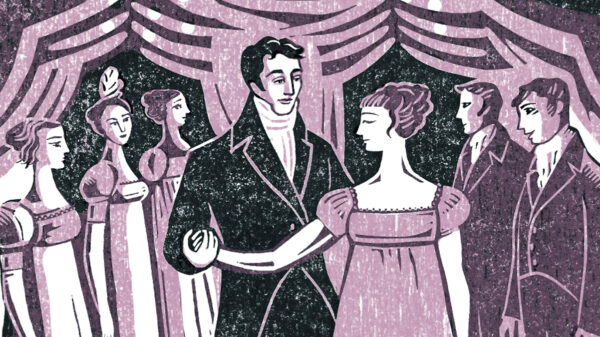
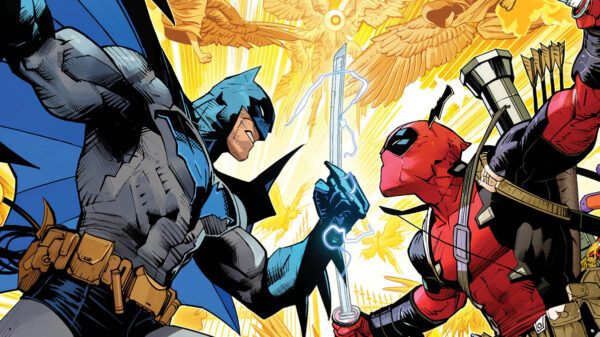
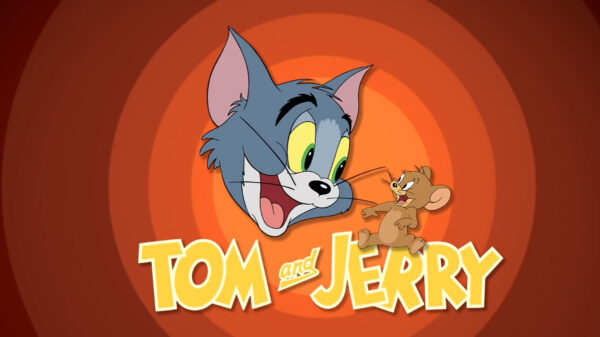



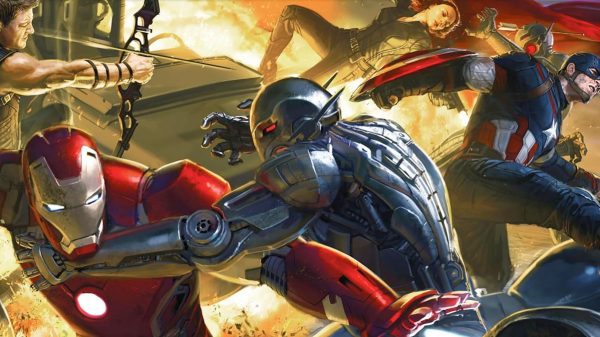

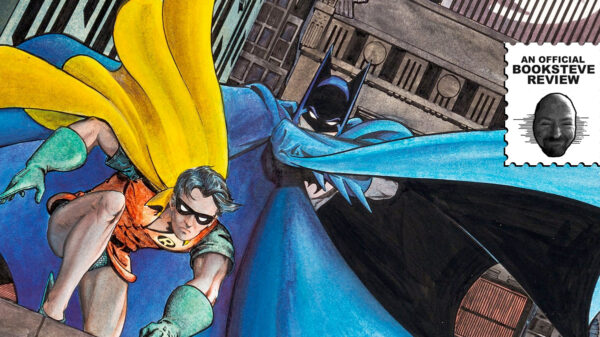
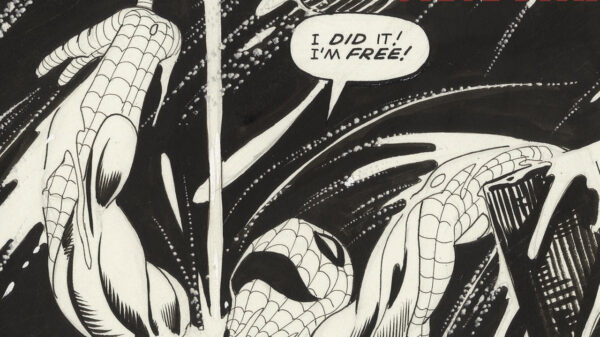
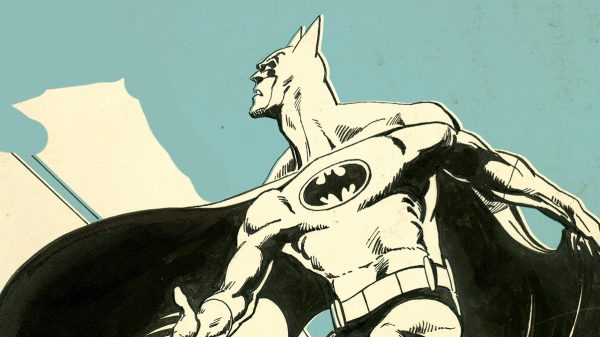

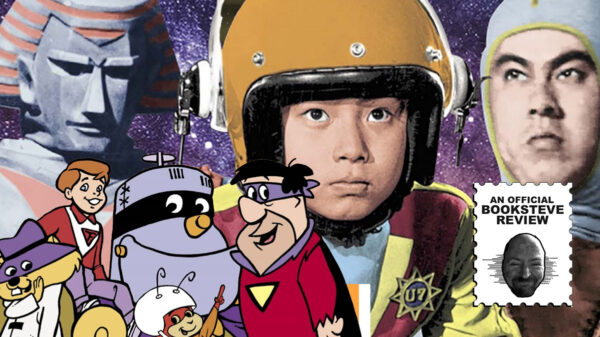

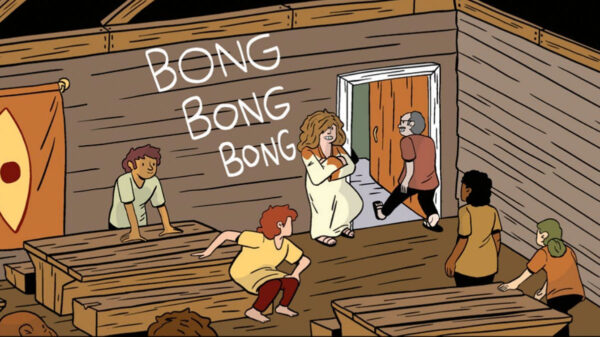
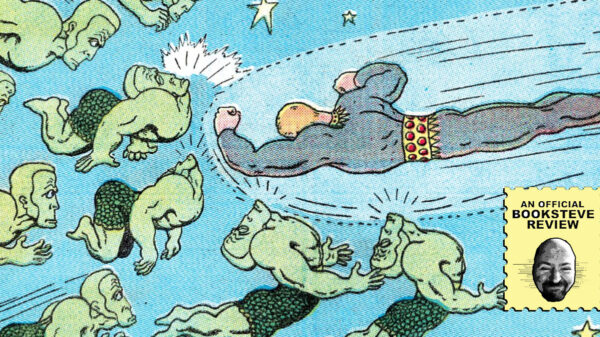
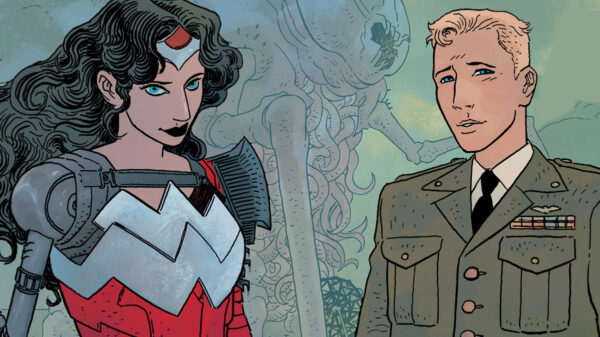









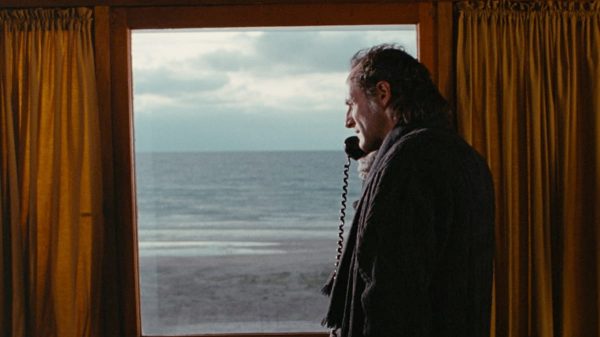
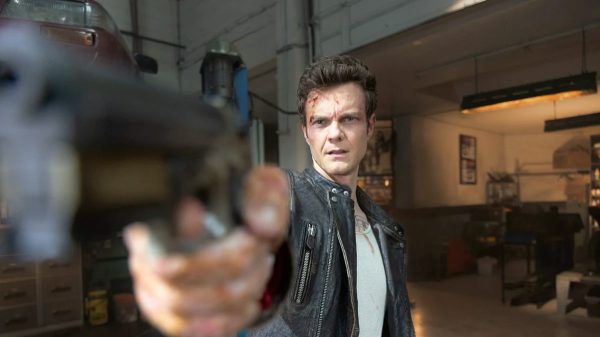
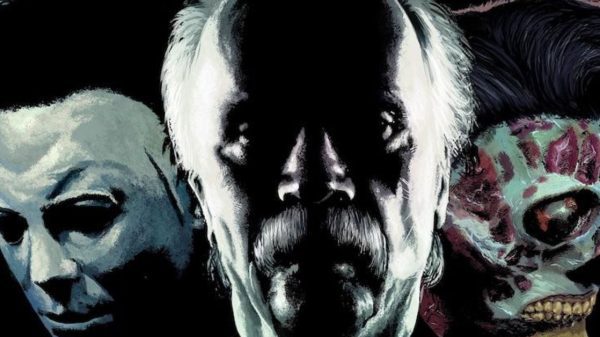
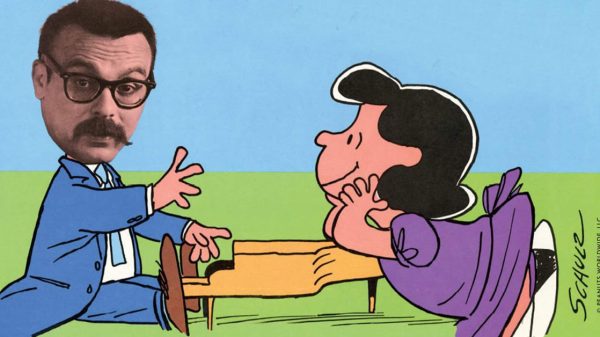
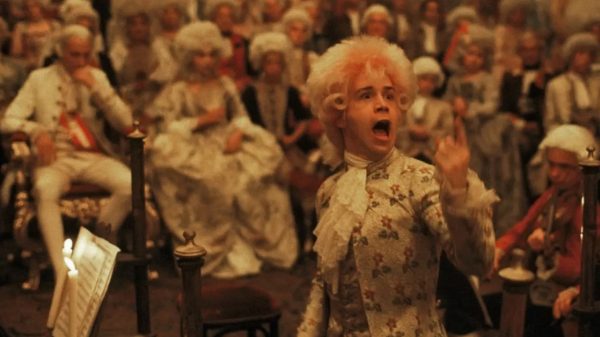





























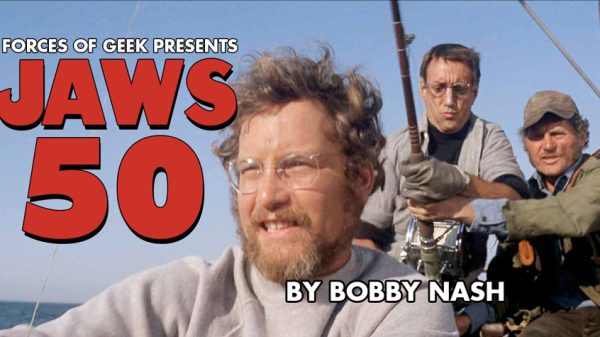









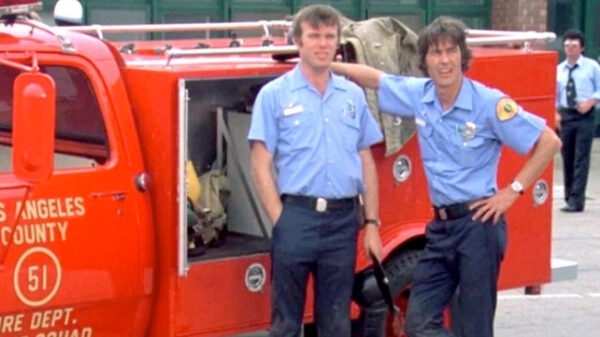
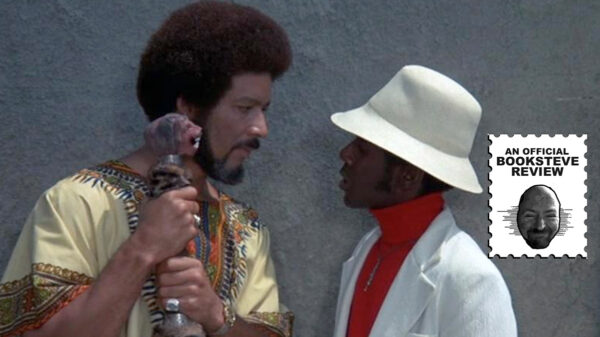
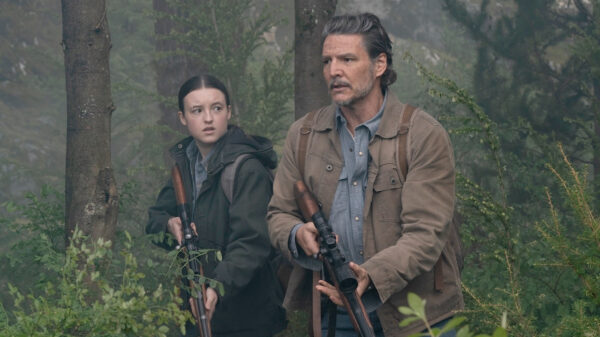




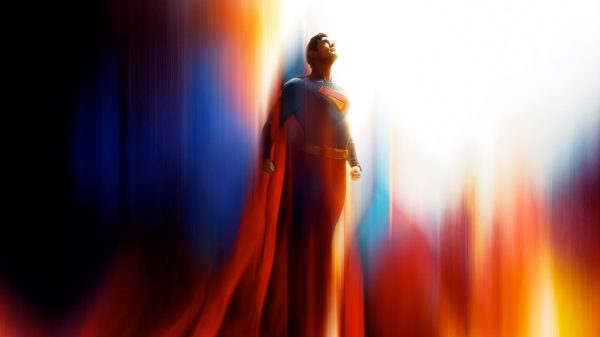
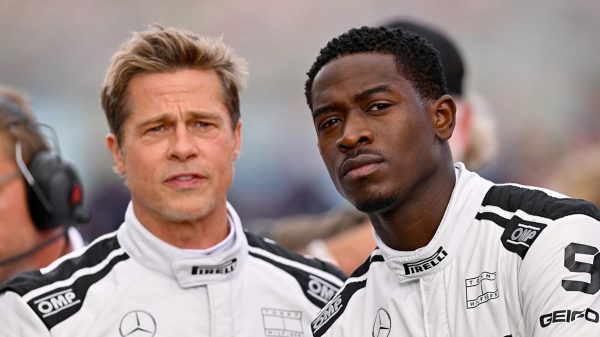




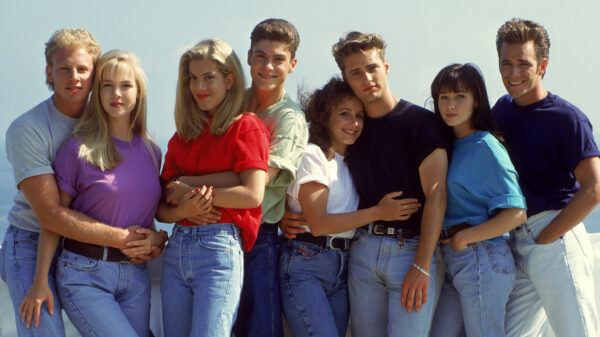

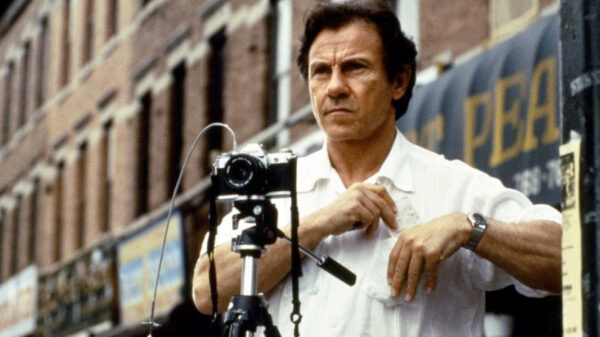
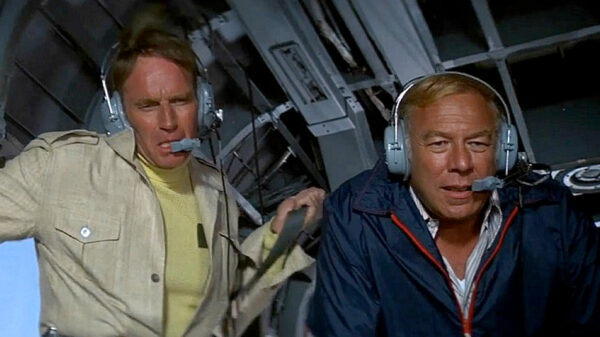

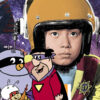


You must be logged in to post a comment Login